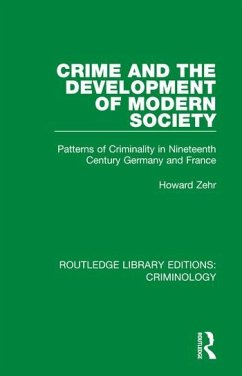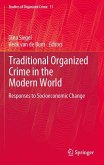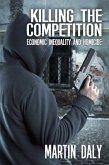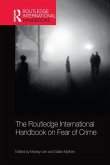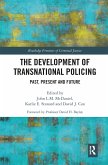Originally published in 1976. This study deals with crime as social history in Germany and France during the nineteenth century. It establishes the broad statistical patterns of crime over the century so that the crime phenomenon can be analysed in the light of the other main trends of economic and social life. One basic concern is the relationship between crime and economic condition. The second main issue is to establish whether specifically rural and urban patterns of crime can be isolated. The third main concern is to establish whether any relationship existed between patterns of delinquency and the social upheaval which accompanied industrialisation and urbanisation. These three main issues continue as important questions in considering modern day crime. Nineteenth century Germany and France provide an excellent context in which to examine them because of the substantial urbanisation and industrialisation which occurred between 1830 and 1914. As well as providing an important contribution to the history of nineteenth century society this book also indicates important lessons for the contemporary world.
Hinweis: Dieser Artikel kann nur an eine deutsche Lieferadresse ausgeliefert werden.
Hinweis: Dieser Artikel kann nur an eine deutsche Lieferadresse ausgeliefert werden.

